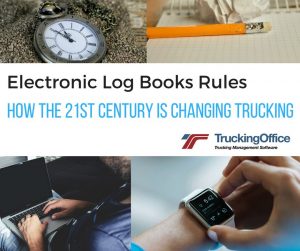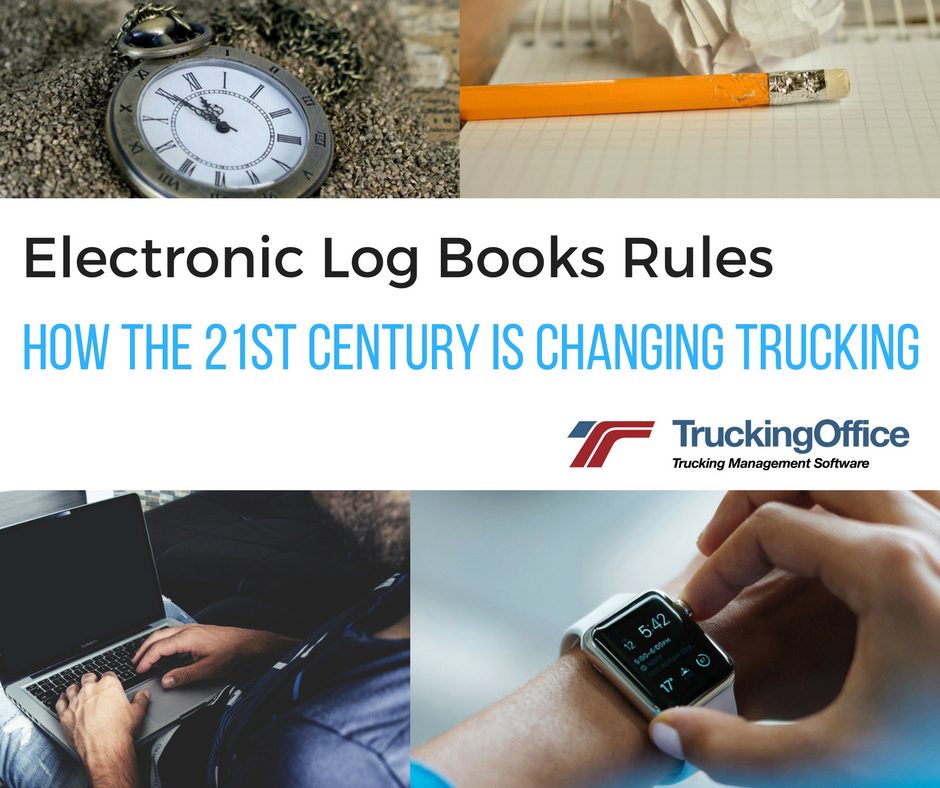 The 21st Century Driver Electronic Logbook
The 21st Century Driver Electronic Logbook
The trucking industry is always changing and evolving. One of the biggest changes we have seen in the 21st century is the electronic log book device. Some know it as the ELD, mandate. An ELD is an electronic device. It allows truck drivers to track their Record of Duty Status (RODS). Replacing the traditional paper logbooks. The ones that many drivers used to manually record their compliance with federal Hours of Service (HOS) requirements. The purpose of the ELD mandate is to universally equip fleets with devices that electronically record information related to driver activity and vehicle operation. By doing so, the federal government can ensure that drivers are adhering to regulations. Those regulations that prohibit them from driving too many consecutive hours.
The ELD standards imposed on the trucking industry in recent years have been met with mixed feelings, to say the least. Federal regulators say that the new ELD standards help promote safety. This is by ensuring drivers don’t become exhausted behind the wheel and get involved in an accident.
Trucking Accidents & ELD
Trucking accidents are a major problem for the trucking industry. In 2017, there were roughly 145,000 people injured in accidents involving large trucks. However, most truck drivers dislike the ELD mandate. This is because they say it cuts into their salaries and makes their jobs too inflexible. Others call the ELD standards a hindrance. Saying it makes it more challenging for them to manage their time on the road.
Exactly how the government’s electronic driver logbook (or electronic logging device, ELD) mandate will affect the industry has yet to be seen. Some predict disaster. Others see golden opportunities for the country’s driving pros. No matter how it all turns out, as of right now, an ELD will soon be a part of every transportation professional’s life. Here’s a look at what this may mean both for you and the nation’s economy.
The Worst Case
Critics of the electronic driver logbook rules believe the new laws will cripple productivity. Truckers threaten to leave the transportation industry. Government-overseen hours of service (HOS) will limit those who remain in the industry. Possible repercussions could include higher costs for items shipped by truck and more stress on both drivers and trucking company managers. We may see longer consumer wait times for popular products and empty shelves. Others predict a mass exodus from rigs to rail. Driven by skyrocketing fees. Critics wonder if these consequences are worth the benefits to be gained from requiring ELDs.
The Sunnier Scenario
Others see a silver lining in all the gloom. Advocates of the new rules point out that using an electronic driver logbook reduces the time-consuming process of filling out old-fashioned paper forms. That will give truckers will have more time to stay behind the wheel. While the new rules will almost certainly force carriers to raise rates, it may enable drivers to earn more money for each mile. Longer consumer wait times for popular products may raise a trucker’s pay per load while preventing driver fatigue and accidents. Government studies show an overall net benefit to the industry from adopting universal ELD rules. As a result, we should see safer roads for everyone. That may be the best thing for all of us.
The Bottom Line
So far, legal challenges to electronic log book rules haven’t been successful. That’s why the smart money says to prepare for whatever changes the added regulations bring. In the meantime, one sure-fire way to increase your revenues is to use TruckingOffice trucking business software. Find out for yourself how good our product is by taking it for a free 30 day test drive starting today.







Recent Comments